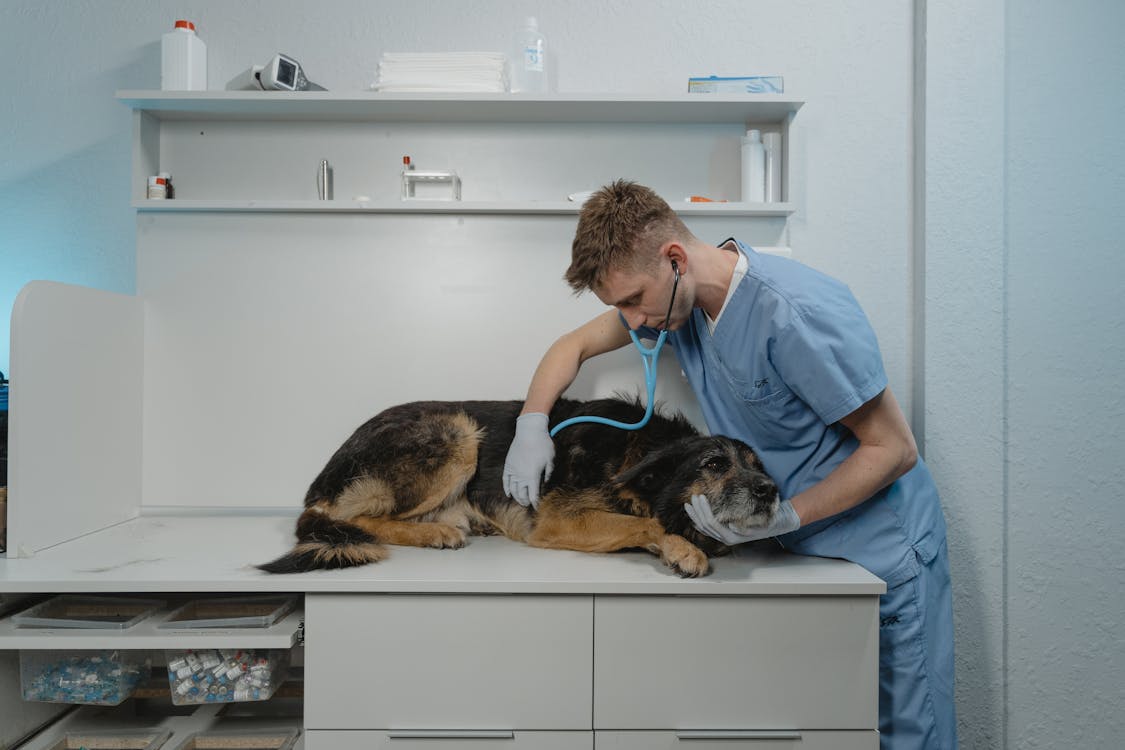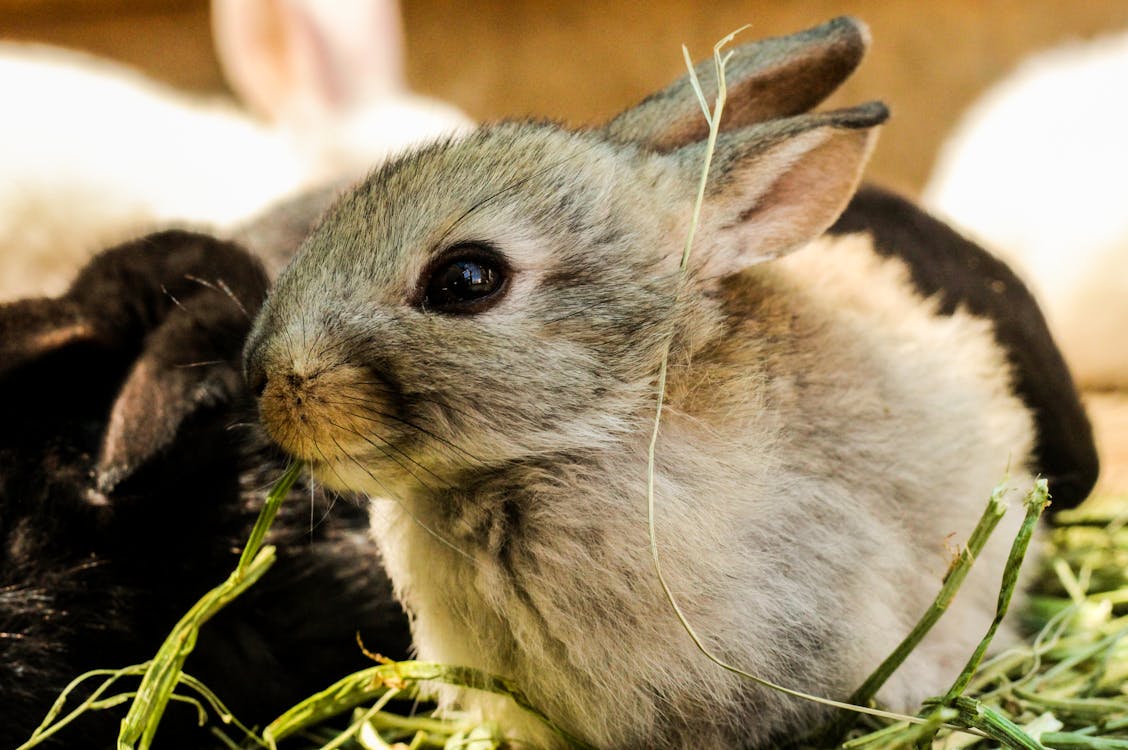Let’s be honest—pets make our lives infinitely better. Whether it’s a wagging tail that greets us at the door, a purring ball of fluff on our lap, or even a curious fish that makes us smile as it swims, pets bring endless joy to our lives. But being a pet parent comes with responsibilities, and one of the biggest is keeping our furry or feathered friends healthy and happy. That’s where pet wellness awareness comes in. Let’s dive into why staying informed about pet wellness is a game-changer—for you and your best buddy!
The Importance of Pet Wellness Awareness
Knowing about pet wellness involves understanding your pet’s overall health and well-being and recognizing when they need help or a change in their care.
1. More Play, Less Worry
Knowing what foods keep them strong, what exercises keep them active, and what habits keep them content means more time chasing balls and less time stressing their health.
2. Prevention Is Better Than a Cure (And Cheaper!)
Preventing health problems is way cheaper and more accessible than dealing with them once they pop up. Knowing what’s good and bad for your pet can save you from a costly and heartbreaking vet visit.

3. Happy Pet, Happy You
Knowing their wellness means you can anticipate their needs, understand their quirks, and ensure they’re living their best lives.

4. Safety First—Curiosity Second
Pets are curious creatures; sometimes, that can get them into trouble. Knowing what’s safe and what’s not in your home can be a lifesaver—literally.

5. In the Know = In Control
The more you know about pet wellness, the more confident you’ll feel in your role as a pet parent.
Tips and Important Reminders
Foods to Avoid
- Chocolate: Contains theobromine, which is toxic to dogs and cats.
- Grapes and Raisins: Can cause kidney failure in dogs.
- Onions and Garlic: Harmful to cats and dogs as they damage red blood cells.
- Xylitol: A sugar substitute found in many products that can cause liver failure and hypoglycemia in dogs.
- Avocado: Contains persin, which can be toxic to birds, mice, rabbits, guinea pigs, rats, canaries, chickens, fish, and more.
Safe Foods and Treats

- Lean meats: Chicken, turkey, and beef are good protein sources for most pets.
- Certain fruits: Apples, bananas, and blueberries (in moderation) can be healthy treats.
- Vegetables: Carrots, cucumbers, and green beans are safe and nutritious options.
- Rice and Pasta: Cooked plain rice and pasta can be a mild option for pets with sensitive stomachs.
Environmental Hazards
Household chemicals: Cleaning supplies, antifreeze, and pesticides should be kept out of reach.
Rawhide Chews: Some pets can choke on these or suffer digestive blockages.
Medications: Human medications like ibuprofen, acetaminophen, and antidepressants can be deadly for pets, even in small doses.
Essential Oils: Some essential oils, such as tea tree oil, can be harmful or even fatal to pets, especially cats.
Toxic plants: Lilies, azaleas, and sago palms can be deadly if ingested.
Pet-Safe Plants: Spider plants, bamboo, and Boston ferns are good alternatives for pets and provide an additional green touch at home!
Conclusion
Pet wellness awareness isn’t just about preventing problems—it’s about enhancing the bond you share with your pet and ensuring every moment together is filled with joy. When you know what’s best for your pet, you give them a long, healthy, and happy life. And let’s face it, when our pets are happy, we’re so glad too. So, let’s stay in the know, keep those tails wagging, and enjoy every playful, purring, and paw-some moment with our best friends.





